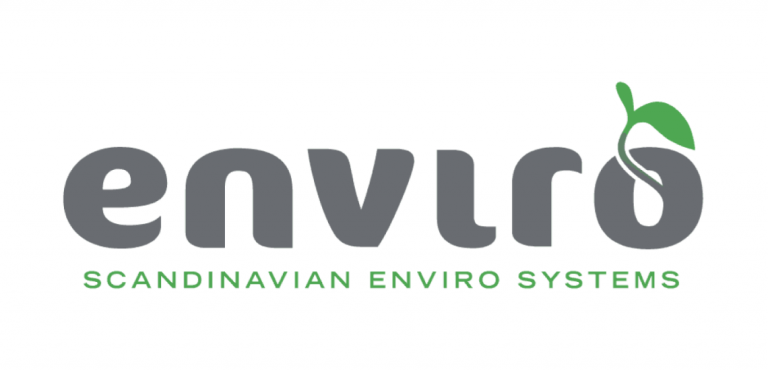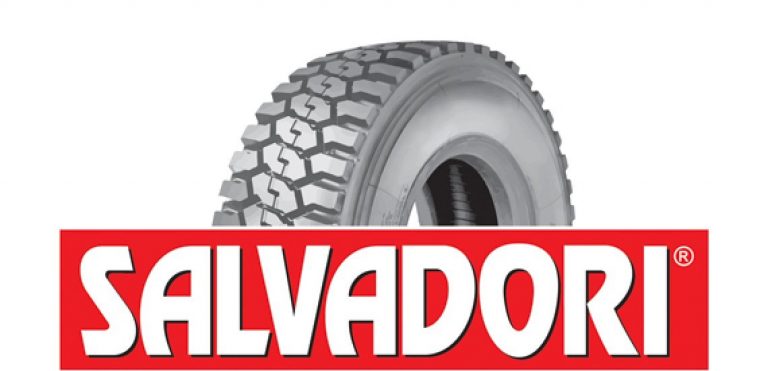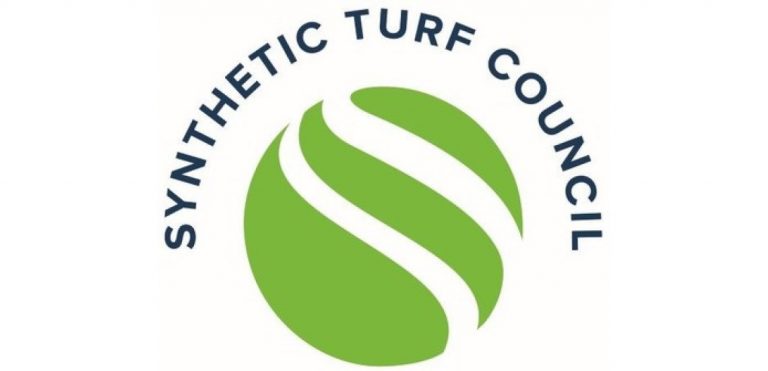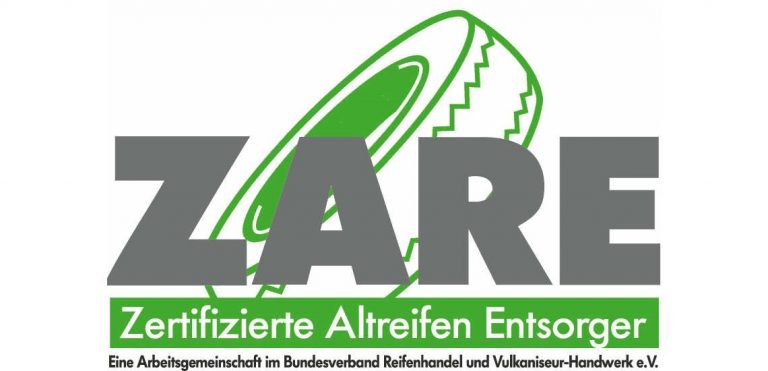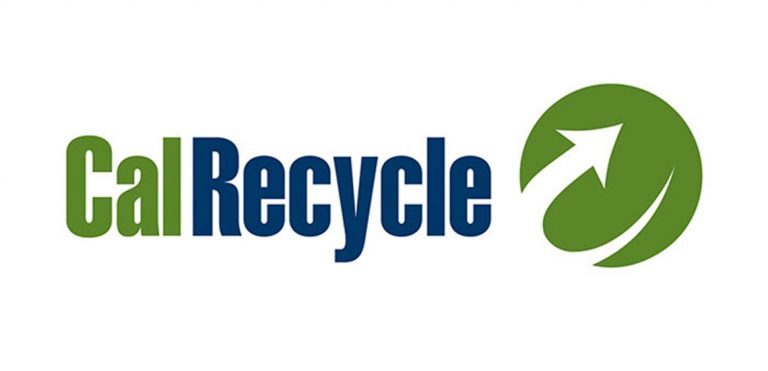A detailed Memorandum of Understanding (MoU) has been signed between Enviro and Genera Austral S.A. from Chile. The agreement means that the parties will work together to achieve their joint ambition to establish one or more recycling plants for the Chilean mining industry.
MoU to Leverage Assets of Both Companies
“Genera Austral has undertaken a long evaluation process involving a number of different technologies and companies before deciding to move forwards with Enviro. This agreement is an important breakthrough for the establishment of the first recycling plant in Chile”, says Thomas Sörensson, CEO of Enviro.
Enviro and Genera Austral are now taking the next step with an MoU; a detailed statement of intent regarding the conditions of the collaboration.
“We have been in continuous contact with the Chilean market for several years and our solution is now in demand as a result of the country’s new producer responsibility legislation. The carbon black which is recycled from tyres – including mining tyres – using our technology is industrially accepted and has been tested by a number of Chilean rubber manufacturers as well as several international tyre manufacturers”, says Thomas Sörensson.
The MoU means a concrete step towards establishing one or more plants in the country.
“We have been working with ÅF to develop what’s known as a Basic Design, which will fulfil Chilean conditions. We have received funding of around SEK 1 million for this from CORFO, a Chilean authority. We have a solid foundation to take the next step of establishing the first recycling plant in Chile”, says Thomas Sörensson.
Genera Austral’s visit to Enviro’s plant in Åsensbruk in the summer, together with the following meetings in Chile, have reinforced confidence that Enviro’s technology and capacity fulfils their expectations.
“One very important step in the process was when we met President Bachelet of Chile during the state visit in the spring. That allowed us to reinforce the relationship with the Chilean authorities”, says Thomas Sörensson, CEO of Enviro.



















